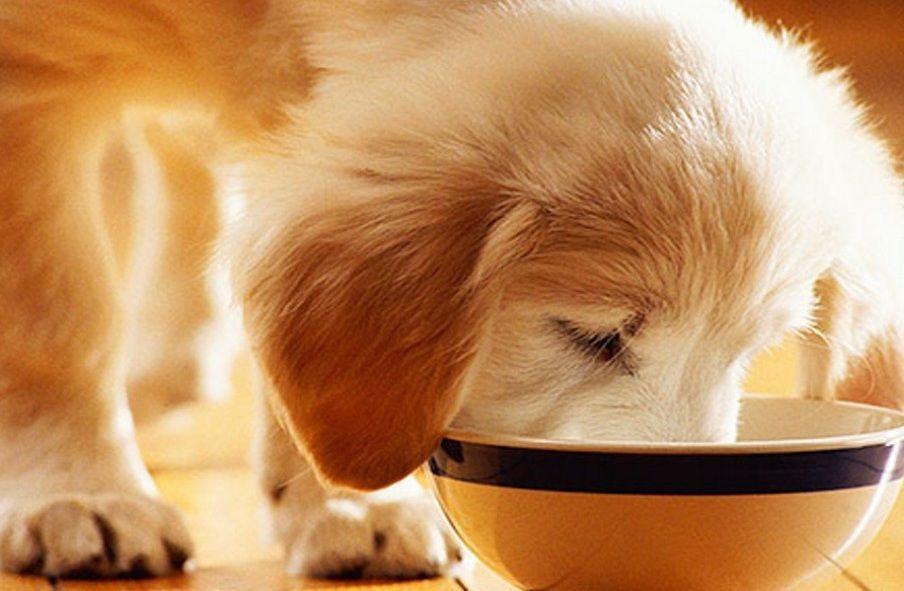Introduction

Ensuring the well-being of our cherished canine companions heavily relies on providing them with a wholesome and balanced diet. Among the array of vital nutrients, minerals play a pivotal role in supporting various bodily functions in dogs. In this comprehensive guide, we will delve into the significance of essential minerals and explore the finest sources to incorporate into your beloved pet’s diet, paving the way for their overall health and happiness.
- The Importance of Minerals in Canine Health: Minerals are indispensable nutrients that hold immense importance for dogs, as they require these elements in varying proportions to sustain their overall health. From fostering robust bone development to facilitating nerve transmission, muscle function, and enzyme activation, these essential minerals are key to your furry friend’s well-being. Providing the right minerals in their diet is paramount to helping them thrive and lead an active life.
- Calcium: Strengthening Bones and Teeth: The cornerstone mineral, calcium, plays a critical role in upholding your dog’s bone and dental health. Especially vital during their growth phase, sufficient calcium intake is key to preventing bone-related issues in mature dogs. Rich sources of calcium encompass dairy products like yogurt and cheese, along with leafy green vegetables such as kale and broccoli.
- Phosphorus: Balancing Bone Health: Collaborating with calcium, phosphorus is another indispensable mineral that supports robust bone health and sustains crucial physiological processes. Striking the right balance between calcium and phosphorus in your dog’s diet is essential to promote proper bone development and overall vitality. You can find ample phosphorus in meats, poultry, fish, and dairy products.
- Iron: Oxygen Transport and Energy Production: Vital for oxygen transportation throughout the body, iron is a fundamental mineral that fuels energy production in dogs. Insufficient iron intake can lead to anemia and a decline in overall vitality. To support your pet’s energy levels and overall health, incorporate iron-rich foods such as red meat, organ meats (liver, heart), and certain vegetables like spinach and peas.
- Zinc: Enhancing Immune Function: Aiding in a robust immune system, zinc is a pivotal mineral that promotes healthy skin and a lustrous coat while aiding in wound healing for dogs. Nourish your pet with zinc by including foods like beef, lamb, fish, pumpkin seeds, and lentils in their diet.
- Magnesium: Enabling Enzyme Activation and Nerve Function: Playing a crucial role in enzyme activation and nerve function, magnesium is another essential mineral for your dog’s well-being. Incorporate foods like fish, whole grains, and leafy greens in their diet to ensure they receive the necessary magnesium for optimal health.
Conclusion
Prioritizing essential minerals in your dog’s diet is fundamental for their overall health and happiness. Calcium and phosphorus work in harmony to strengthen bones, iron supports energy production, zinc fortifies the immune system, and magnesium enables enzyme activation and nerve function. As you tailor your dog’s diet, always consult with a veterinarian to address their specific needs and health requirements, providing them with a balanced and nourishing diet that sets the foundation for a long, vibrant, and joy-filled life.